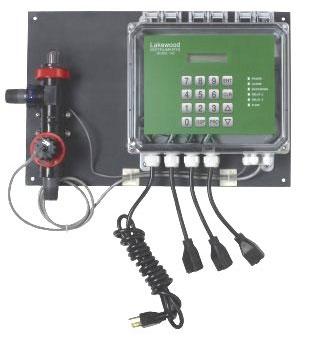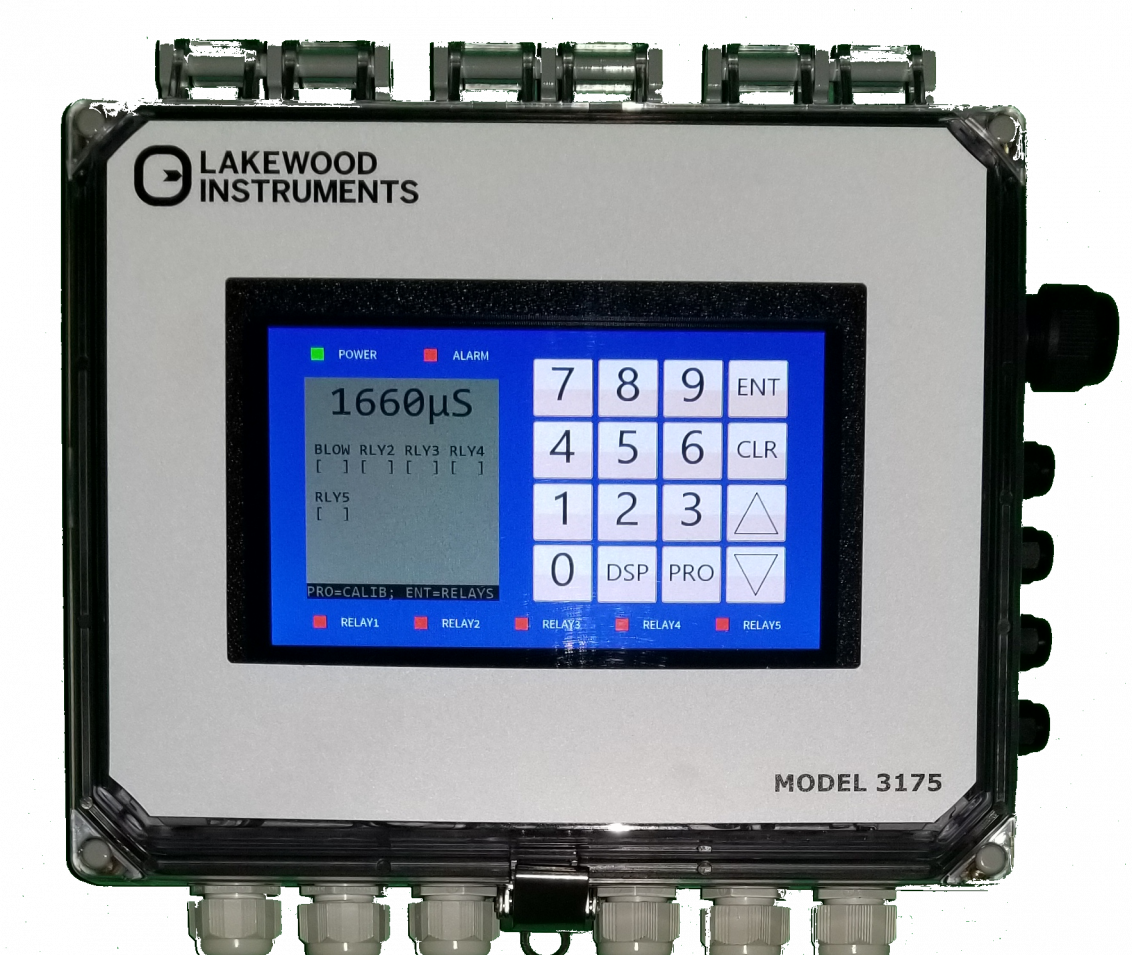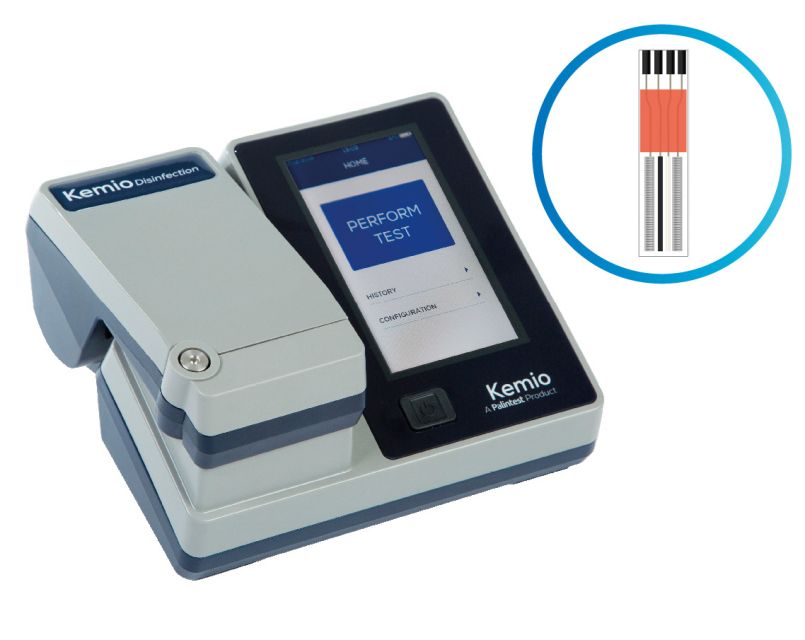Industrial Water Analysis
October 31, 2017 0 Comments

Boiler water analysis
If you supervise a limited-attendance or unattended boiler then Lenntech can assist you with your water testing requirements.
Boiler water tests available
The specific method of chemical treatment used varies with the type of boiler and the specific properties of the water from which the boiler feed is derived. This is very site specific but Lenntech has the testing capability to cover all your requirements.
A boiler requires testing of three different water types as shown below:
Feedwater
Boiler feedwater is sourced from many different places. Some supplies come from industry owned bores and treatment plants, while others come directly from a council supply, however all feedwater should be analysed in order to correctly determine dose rates of treatment chemicals.
Water quality can change as it passes through a delivery or reticulation system, so it is important to check for various parameters at point of use - ie where it enters the boiler or pre-treatment system.
Boiler feedwater is usually a combination of returned condensate plus pre-treated makeup water from a softener, reverse osmosis, or other purification system. Typical tests used for boiler feedwater include:
- Chloride or salinity
- Conductivity
- Dissolved Oxygen
- Hardness
- Iron and Manganese
- pH
- Silica
- Sulphide
- Suspended Solids
- Total Dissolved Solids
- Turbidity
Not all water supplies will require all the tests shown here, and if the supply is constant the tests will not need to be repeated very often.
Boiler Water
The boiler water itself must be dosed in order for the boiler to run efficiently and safely. A chemical imbalance can lead to corrosion and damage to the system and this damage can ultimately lead to boiler failure and injury.
Boiler water analyses are basically aimed at keeping the parameters within established limits.
Tests include
- Chloride
- Hydroxide P2 Alkalinity
- Nitrate
- pH
- Phenolphthalein P1 Alkalinity
- Phosphate
- Silica
- Sulphite
- Total Alkalinity
- Total Dissolved Solids
Condensate
Good condensate is the best quality, least expensive water most systems can generate. You do not want to lose it, or contaminate it unnecessarily.
Steam condensate analysis should include
- Ammonia
- Conductivity
- Copper
- Iron
- pH
Test |
Description |
|---|---|
| Make-up, Raw Water | pH, P/M-Alkalinity, Conductivity, Total Hardness, Total Calcium, Total Magnesium, Total Iron, Total Copper, Sodium, Silicate, Sulphur, Chloride, Ortho-Phosphate, Total Inorganic Phosphate |
| Clarifier, Softener, Filter-Alum | pH, P/M-Alkalinity, Conductivity, Total Aluminium, Total Hardness, Total Calcium, Total Magnesium, Total Iron, Total Copper, Sodium, Silicate, Sulphur, Chloride |
| Clarifier, Softener, Filter-Lime | pH, P/M-Alkalinity, Conductivity, Total Hardness, Filtered Hardness, Total Calcium, Total Magnesium, Total Iron, Total Copper, Sodium, Silicate, Sulphur, Chloride, Total Inorganic Phosphate |
| Sodium Zeolite, Dealkalizer, Desilicizer, Softened Make-up | pH, P/M-Alkalinity, Conductivity, Total Hardness, Total Calcium, Total Magnesium, Total Iron, Total Copper, Sodium, Silicate, Sulphur, Chloride |
| Hydrogen Zeolite, Strong Acid Cation | pH, P/M-Alkalinity, Conductivity, Total Hardness, Total Calcium, Total Magnesium, Total Iron, Total Copper, Sodium, Silicate, Sulphur, Chloride |
| Mixed Bed Exchanger, Degasifier, Anion Exchanger, Demineralizer | Conductivity, Filtered Hardness, Total Hardness, Total Calcium, Total Magnesium, Total Iron, Total Copper, Sodium, Silicate, Reactive Silicate, Sulphur, Chloride |
| Deaerating Heater, Feedwater, Condensate Polisher | pH, P/M-Alkalinity, Conductivity, Total Hardness, Total Calcium, Total Magnesium, Total Iron, Total Copper, Sodium, Silicate, Reactive Silicate, Sulphur, Chloride, Total Phosphate. |
| Blowdown – Expected Conductance >300 µS/cm | pH, P/M-Alkalinity, Conductivity, Total Hardness, Total Calcium, Total Magnesium, Total Iron, Total Copper, Sodium, Silicate, Sulphur, Chloride, Nitrate, Ortho-Phosphate |
| Blowdown – Expected Conductance >300 µS/cm | pH, P/M-Alkalinity, Conductivity, Total Hardness, Total Calcium, Total Magnesium, Total Iron, Total Copper, Sodium, Silicate, Silica Reactive, Sulphur, Chloride, Nitrate, Ortho-Phosphate |
| Steam Condensate | Conductivity, Total Hardness, Total Calcium, Total Magnesium, Total Iron, Total Copper, Sodium, Silicate, Reactive Silica, Sulphur, Chloride |
Cooling water analysis
Cooling tower is a heat removal devices used to eliminate waste heat of air released to atmosphere. This process allows airborne contaminants, organic matters and particles to become deposited into the cooling water. This, combined with the contaminants in the feed water, creates an environment for microorganism growth, solid deposits and scaling.
Improper treated cooling tower water could be an amplifier of biological hazardous agent. The warm and moist environment of a cooling tower favors the growth of Legionella bacteria which causes the outbreak of the deathly Legionnaires' disease. Thus, cooling tower water quality must be monitored in a regular basis to prevent spreading of diseases to users.
Test |
Description |
|---|---|
| Make-up, Raw Water | pH, P/M-Alkalinity, Conductivity, Total Hardness, Total Calcium, Total Magnesium, Total Iron, Total Copper, Total Manganese, Sodium, Total Silica, Sulphur, Chloride, Ortho-Phosphate, Total Inorganic Phosphate, Total Zinc |
| Cooling Tower, Air Washer | pH, P/M-Alkalinity, Conductivity, Total Hardness, Total Calcium, Total Magnesium, Total Iron, Total Copper, Total Manganese, Sodium, Total Silica, Sulphur, Chloride, Ortho-Phosphate, Total Zinc |
| Sea water/Brine | pH, P/M-Alkalinity, Conductivity, Total Hardness, Total Calcium, Total Magnesium, Total Manganese, Total Iron, Total Copper, Total Silica, Sulphur, Ortho-Phosphate, Total Zinc |
| High Cycle Tower, Jacket, Brine | pH, P/M-Alkalinity, Conductivity, Total Hardness, Total Calcium, Total Magnesium, Total Manganese, Total Iron, Total Copper, Total Silica, Sulphur, Ortho-Phosphate, Total Zinc |
| Closed System, Glycol | pH, Specific Gravity, Total Hardness, Total Calcium, Total Magnesium, Total Iron, Total Copper, Sodium, Total Silica, Sulphur, Chloride |
| Closed System, Non-Glycol | pH, P/M-Alkalinity, Conductivity, Total Hardness, Total Calcium, Total Magnesium, Total Iron, Total Copper, Sodium, Total Silica, Sulphur, Chloride |
Read more: https://www.lenntech.com/products/boiler-water-analysis.htm#ixzz4x5ZX3UHF
Also in Blog

Advanced Cooling Tower Management: Enhancing Efficiency with Lakewood Model 140
February 28, 2024 0 Comments

Optimizing Cooling Tower Performance: Understanding Efficiency, Maintenance, and Water Quality Management
February 28, 2024 0 Comments

Revolutionizing Water Analysis: Everything You Need to Know About the Kemio KEM10DIS
April 19, 2023 0 Comments

